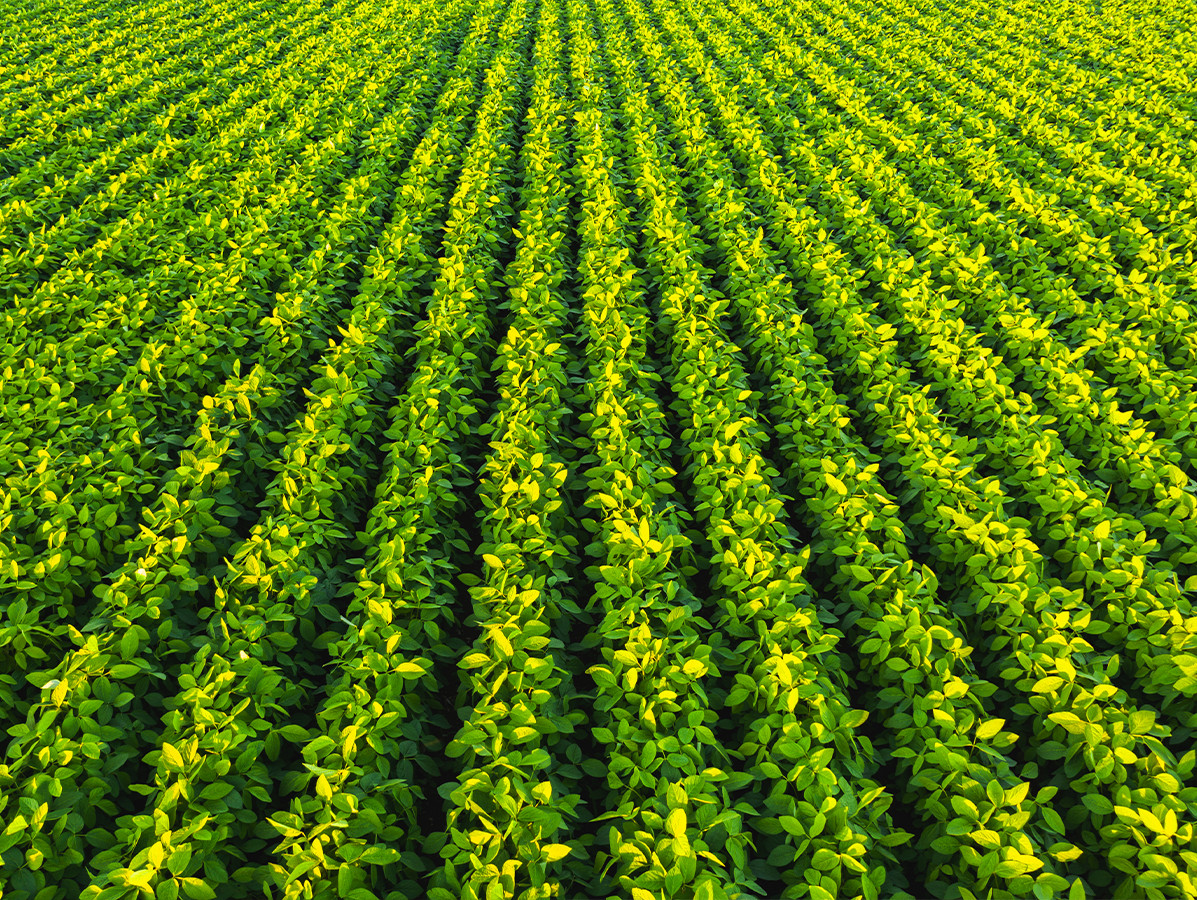
Over the next 5 to 10 years, the Netherlands will stimulate the cultivation of protein-rich crops such as field beans and potatoes in order to become less dependent on imports of protein-rich raw materials (soy) from outside the European Union. In the coming years, the government will also invest in research into innovative protein-rich sources for both humans and animals, such as insects and micro-algae. In addition, the government wants to continue experimenting with extracting protein from residual flows, such as kitchen waste. This is set out in the National Protein Strategy (NES) that Minister Schouten of Agriculture, Nature and Food Quality (LNV) sent to the Lower House of Parliament on Monday 22 December 2020.
Protein-rich butterfly flowers (including field beans, peas and beans) do well in the Dutch climate and can contribute to soil quality and biodiversity as a rotational crop. In order to improve successful cultivation (systems) and to promote cooperation, LNV will set up a 'Green Deal Butterfly Flowers' in 2021 with parties from the entire protein chain.
The arable land in the Netherlands is limited and therefore more and more of our required proteins will have to come from other sources, for example from duckweed or by converting bacteria, fungi and yeasts into a foodstuff (fermentation) and other microbial protein sources. Both in the field of protein processing technology (such as grass refining) and vegetable meat substitutes and so-called 'novel foods' (such as cultured meat), there are many innovative developments in the Netherlands in which LNV is investing. One example is the Mission-driven Multi-year Innovation Programme with the Top Sectors, in which five public-private studies will be financed in 2021 in the field of protein supply for human consumption. Various companies and institutions are also collaborating on a regional level to test and scale up protein innovations, such as the Regiodeal FoodValley in Gelderland.
Another innovative source of protein concerns insects. According to the WUR, by 2025 10 percent of animal proteins in animal feed and 20 percent of proteins in human food can be replaced by insect proteins. In addition, insects bring the food chain in balance with nature. With new PPP research and research programs such as 'Susinchain' and 'Insectfeed', LNV contributes to research into the safe use of insects for food and animal feed. To make this possible, the Netherlands is focusing on changing European regulations to safely process insect protein in animal feed.
Dutch farmers and horticulturists are already working on the reuse of protein-rich residues as a basis for pig and chicken feed, for example. But there are still protein-rich waste streams that are not permitted according to European directives, such as kitchen waste and animal meal. In order to be able to use these residual flows safely and circularly as a sustainable alternative to imported soy, the Netherlands continues to emphasize to the European Commission the importance of introducing more residual flows into the chain.
Profits can also be achieved with a shift in the diet of consumers towards more vegetable proteins to reduce the dependence on protein imports. The stakes are to make more sustainable eating behavior of consumers the easy and normal choice through the food environment. It is also important that it becomes more and more normal to eat sustainably. And that consumers also have the skills to choose, buy and cook food.
Source: Ministerie van LNV